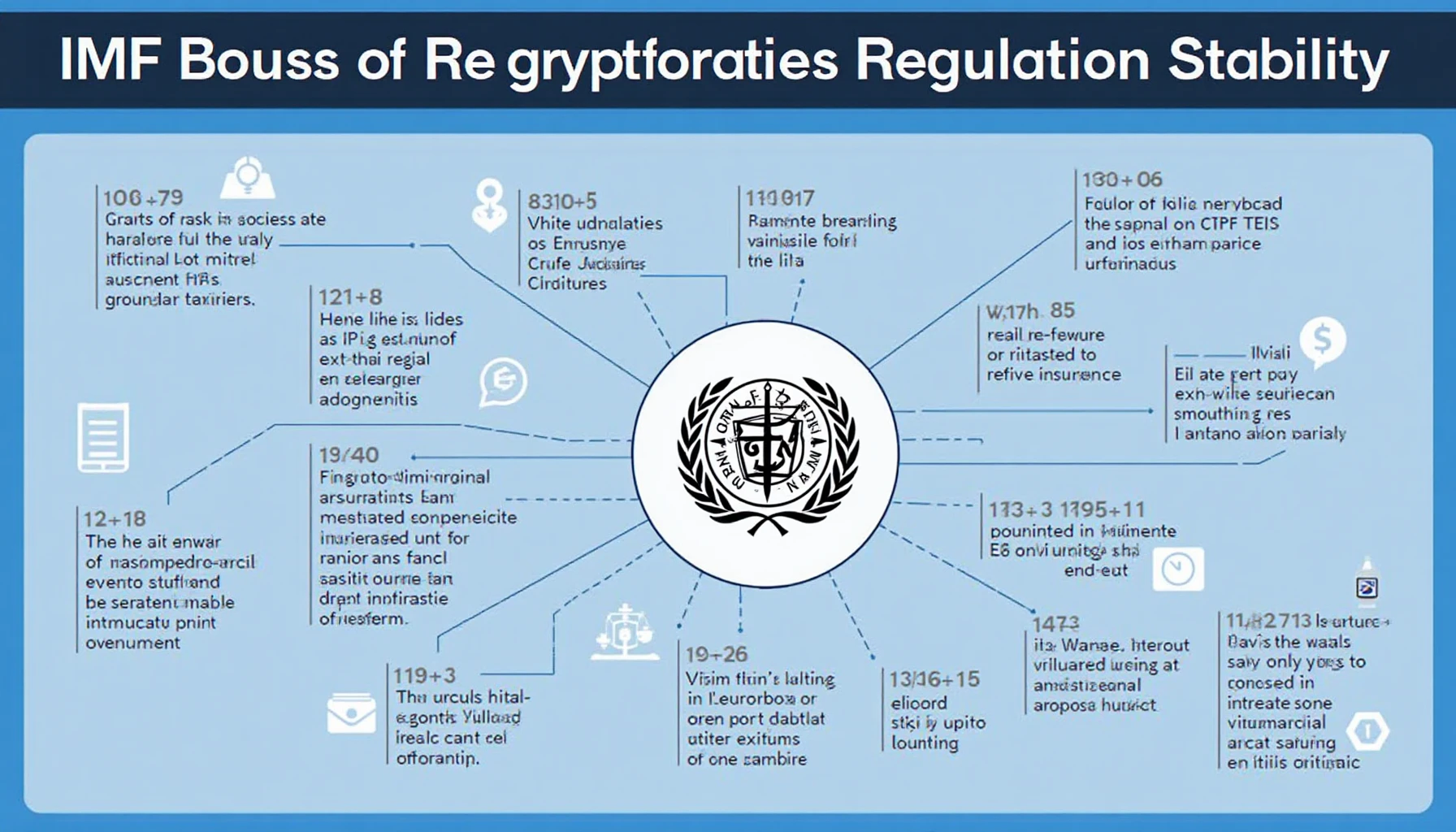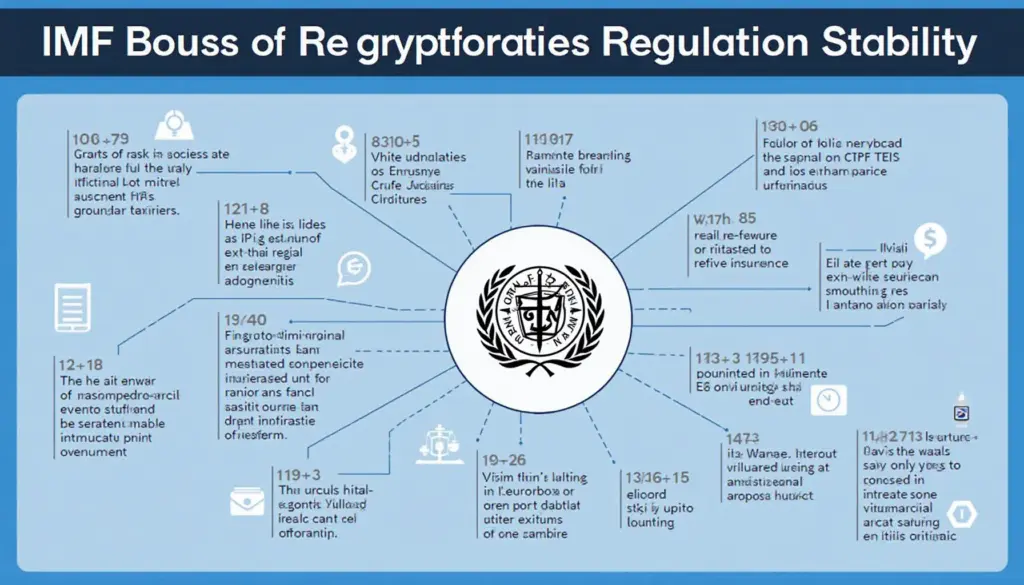The Role of IMF in Crypto Regulation: Shaping the Future of Digital Currency
Introduction
Did you know that only 15% of countries have a clear stance on cryptocurrency regulations? As digital currencies become increasingly popular, the role of the International Monetary Fund (IMF) is crucial in shaping the framework for crypto regulation worldwide. This article delves into the role of IMF in crypto regulation and how it affects stakeholders globally.
Understanding the IMF’s Objectives
The IMF aims to promote global monetary cooperation, secure financial stability, facilitate international trade, and reduce poverty. In the context of crypto regulation, the IMF’s role is focused on ensuring that the growing digital currency market does not threaten financial stability. Here are some ways through which the IMF is influencing digital currency transactions:
- Providing guidance and standards for regulatory frameworks
- Encouraging member countries to develop their own regulatory structures
- Conducting research to analyze the impact of cryptocurrencies on the global economy
The IMF’s Approach to Risk Mitigation
One of the pressing concerns regarding cryptocurrencies is their potential to facilitate illegal activities, including money laundering and fraud. To address these risks, the IMF has proposed several measures, such as:

- Strengthening compliance: Encouraging countries to incorporate AML (Anti-Money Laundering) and CFT (Counter Financing of Terrorism) measures in crypto regulations.
- Promoting international cooperation: Facilitating dialogue between nations to share data and best practices in enforcing regulations.
- Consumer protection: Advising countries to ensure that investors are aware of the risks before engaging in cryptocurrency trading.
Case Studies: IMF Member Engagement
In recent years, several countries have looked to the IMF for guidance on developing their crypto regulations. For example:
- El Salvador: The IMF has been involved in discussions about the country’s decision to make Bitcoin legal tender and the associated risks.
- China: As China advances its digital currency initiative, the IMF evaluates its implications for both the domestic and global financial landscape.
These case studies illustrate the need for members to work collaboratively to establish comprehensive frameworks for the adoption and regulation of digital currencies.
The Future of Crypto Regulation with the IMF
The IMF’s ongoing involvement in crypto regulation signifies its commitment to fostering a safe and stable financial environment. Looking ahead, stakeholders in the cryptocurrency market, including investors and developers, should keep abreast of the IMF’s updates and guidelines.
Moreover, as regulations become clearer, users will find the process of how to securely store cryptocurrencies more straightforward and compliant with global standards. The adoption of centralized standards will ultimately lead to larger institutional participation in the crypto market.
Conclusion
In conclusion, the role of IMF in crypto regulation is pivotal in enhancing the legitimacy and sustainability of the global digital currency ecosystem. As the IMFs influence expands, it is crucial for stakeholders to stay informed and engaged. For a comprehensive understanding of crypto regulations, consider downloading our latest guide!




